Planetary Radio: Space Exploration, Astronomy and Science
Podrobnosti kanálu
Planetary Radio: Space Exploration, Astronomy and Science
Planetary Radio brings you the human adventure across our Solar System and beyond. We visit each week with the scientists, engineers, leaders, advocates, and astronauts who are taking us across the final frontier. Regular features raise your space IQ while they put a smile on your face. Join host Sa...
Nedávné epizody
1312 epizod
Artemis II and III: The science that brings us back to the Moon
Humans are preparing to return to the Moon. On this episode of Planetary Radio, host Sarah Al-Ahmed is joined by Kelsey Young and Noah Petro, two of t...
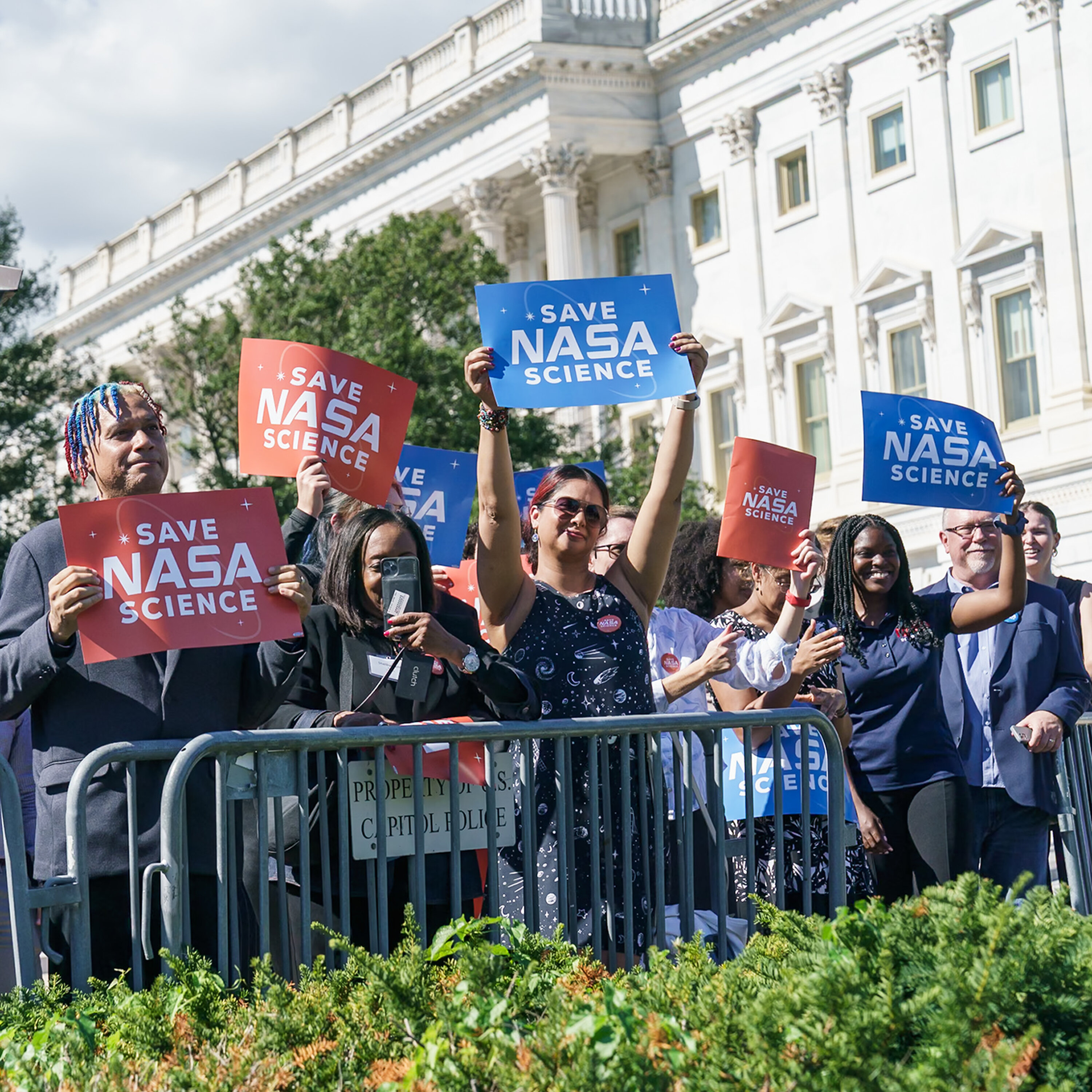
NASA science saved: Inside the 2026 budget victory
After months of uncertainty, NASA science has been spared from the largest proposed budget cuts in the agency’s history. In this episode of Planetary...

Book Club Edition: The Little Book of Aliens by Adam Frank
Famed astrophysicist and science communicator Adam Frank shares his sense of wonder and humor in a live conversation about his excellent new book, “Th...

IMAP and the shape of the heliosphere
Our Solar System is wrapped in a vast, invisible bubble created by the Sun, a protective region that shields Earth and the planets from much of the ra...

Voyager and the heliopause: Exploring where the Sun gives way to the stars
What does it really mean to enter interstellar space, and what have we learned since humanity first crossed the invisible boundary between our Sun and...

Space Policy Edition: Change for the Sake of Disruption at NASA
Marcia Smith, the founder and editor of Space Policy Online, joins the show and revisits a conversation we had one year ago, recorded just weeks befor...

Looking back: Space exploration in 2025
As 2025 comes to a close, Planetary Radio looks back on a year that reshaped space exploration, through stunning discoveries, major milestones, unexpe...

Looking back: Space policy and advocacy in 2025
2025 was one of the most consequential years for space policy in modern U.S. history.
In this special year-in-review episode, Planetary Radio ta...

Book Club Edition: MOONS: The Mysteries and Marvels of our Solar System by Kate Howells
It was such a delight to feature work by our own Kate Howells in The Planetary Society’s member book club. We keep Kate busy as our public education s...

Galileo at 30: How a mission transformed our understanding of Jupiter
Thirty years ago, NASA’s Galileo spacecraft became the first mission to orbit Jupiter, opening a new chapter in our exploration of the outer Solar Sys...
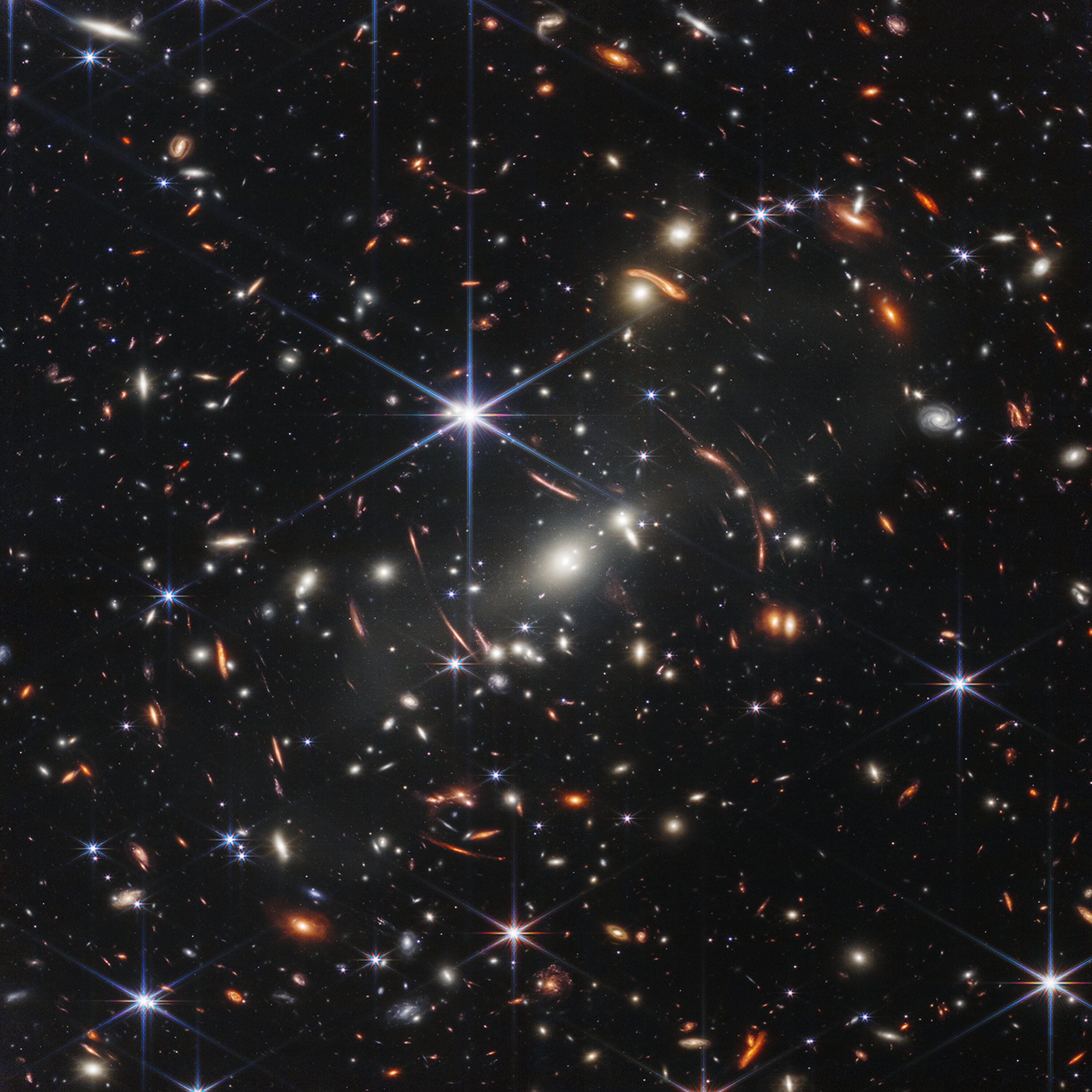
Space Policy Edition: The Moral Case for Space Science
Why do we explore space, and why does science matter in the first place?
In this Space Policy Edition rerun, Planetary Society Chief of Space Po...

Inside the 2025 Mars Society Convention
The 2025 International Mars Society Convention convened at the University of Southern California this October for three days of passionate discussion...

ESCAPADE begins its journey to Mars
NASA’s twin ESCAPADE spacecraft have finally launched on their journey to Mars. Designed to study how the solar wind interacts with Mars’ patchy magne...

Smart Girl Dumb Questions: Casey Dreier answers why space is worth it
This week on Planetary Radio, we’re sharing a special conversation from our friends at the Smart Girl Dumb Questions podcast. Host Nayeema Raza sits d...

Book Club Edition: The Martians: The True Story of an Alien Craze that Captured Turn-of-the-Century America by David Baron
There was a time when almost everyone, from Alexander Graham Bell to the Wall Street Journal, believed there was a supremely intelligent civilization...

Epic Spaceman: Making cosmic scale human
When his filmmaking career stalled during the pandemic, Toby Lockerbie turned to the one place that had never stopped inspiring him: the Universe. Wit...

The Planetary Society goes to TwitchCon 2025
The Planetary Society heads to TwitchCon 2025 to explore how scientists and educators use livestreaming to share the excitement of discovery. We begin...

Space Policy Edition: Should a (potential) biosignature revive Mars Sample Return?
In 1996, a controversial claim of fossilized life in a Martian meteorite ignited a golden age of Mars exploration. Nearly 30 years later, a potential...

Do Aliens Speak Physics?
If we ever meet intelligent extraterrestrials, will we even be able to talk about physics? Physicist Daniel Whiteson of UC Irvine and cartoonist Andy...
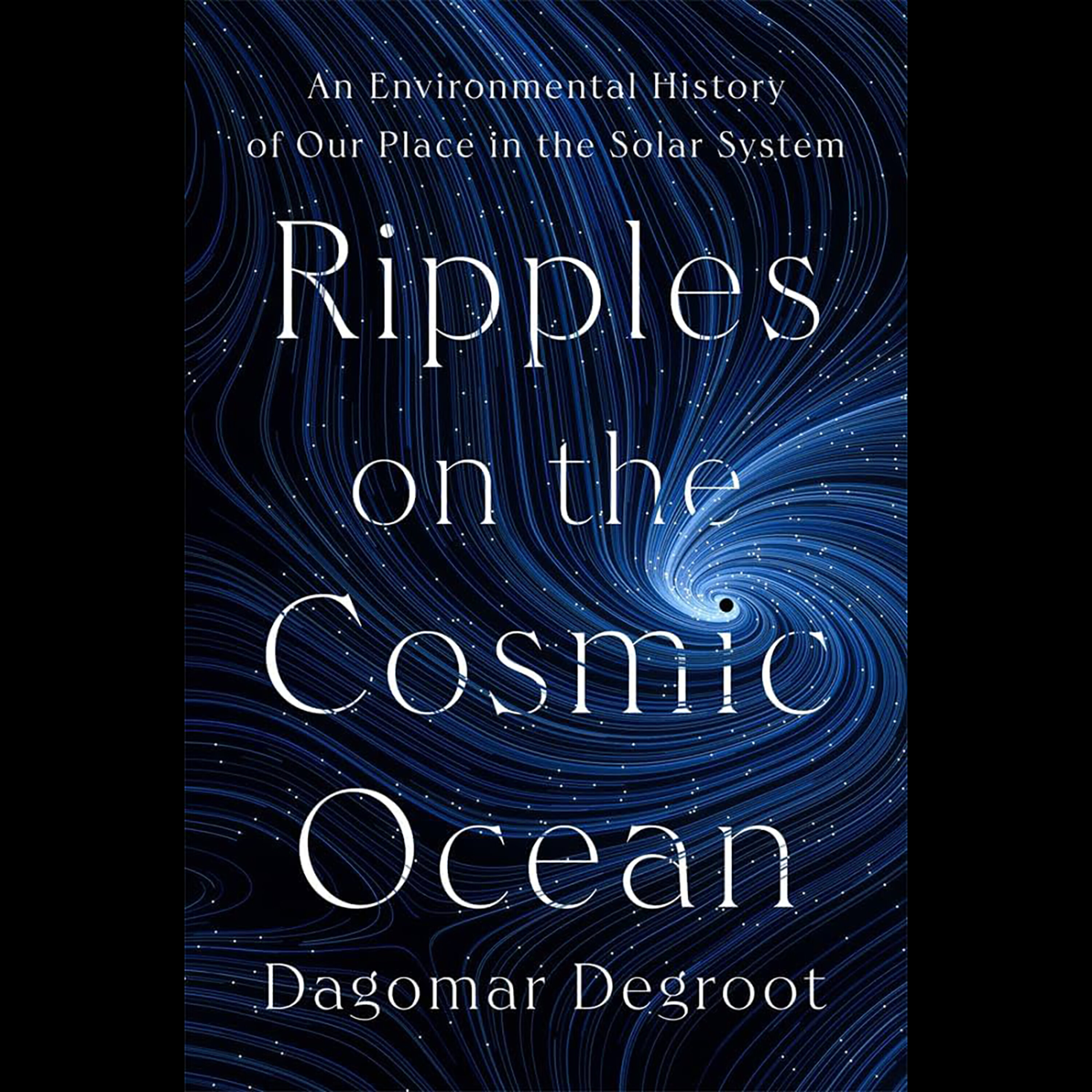
Ripples on the Cosmic Ocean
What happens in space doesn’t stay in space. Historian Dagomar Degroot joins Planetary Radio host Sarah Al-Ahmed to explore how shifting solar cycles,...
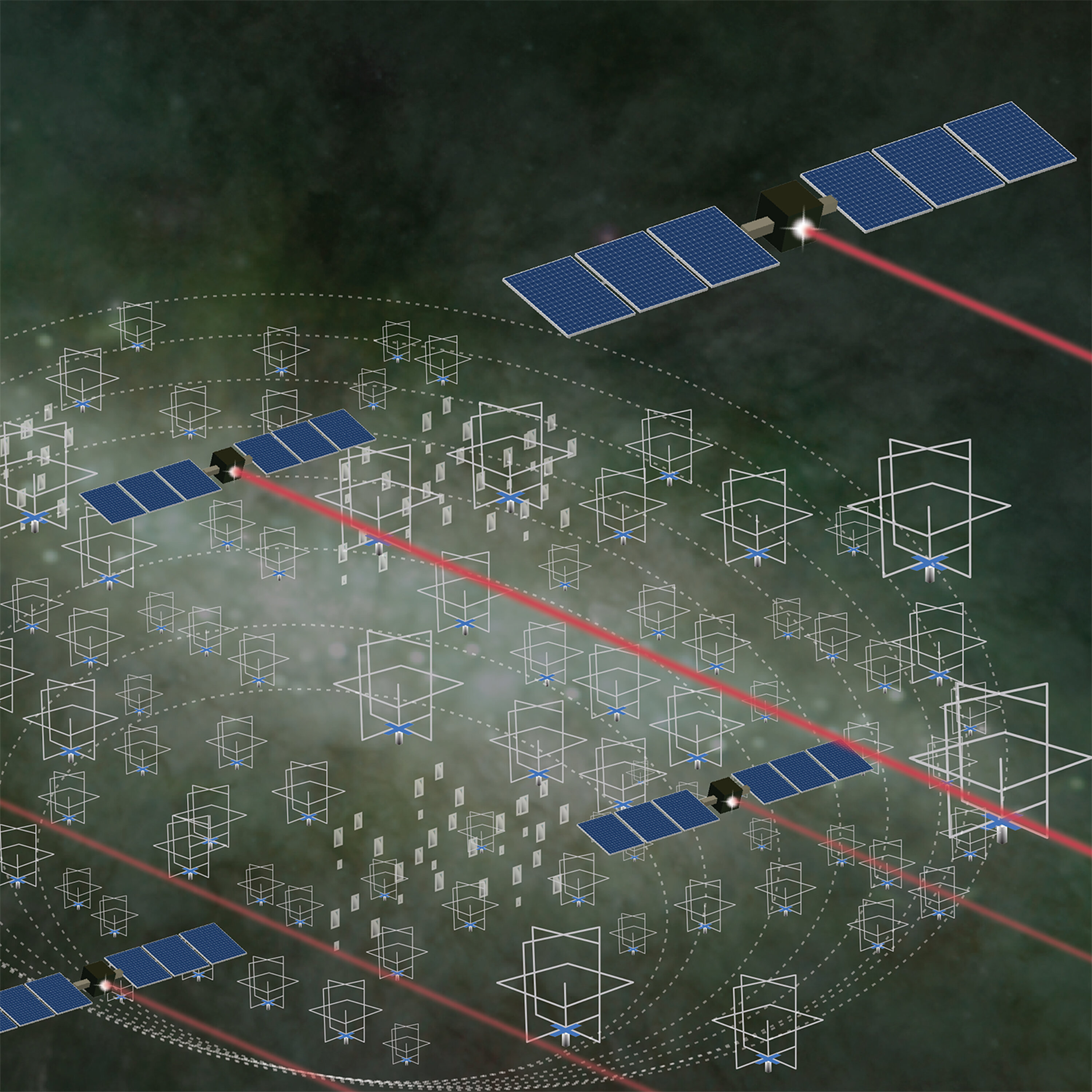
2025 NASA’s Innovative Advanced Concepts Symposium: Part 2 — Hopping robots and the search for exoplanet magnetospheres
In this second installment of Planetary Radio’s coverage from the 2025 NASA Innovative Advanced Concepts Symposium in Philadelphia, Pennsylvania, host...

Book Club Edition: Space Craze by Margaret Weitekamp
The American fascination with spaceflight and what we might find out there began long before any human left Earth. It’s Dr. Margaret Weitekamp’s job t...
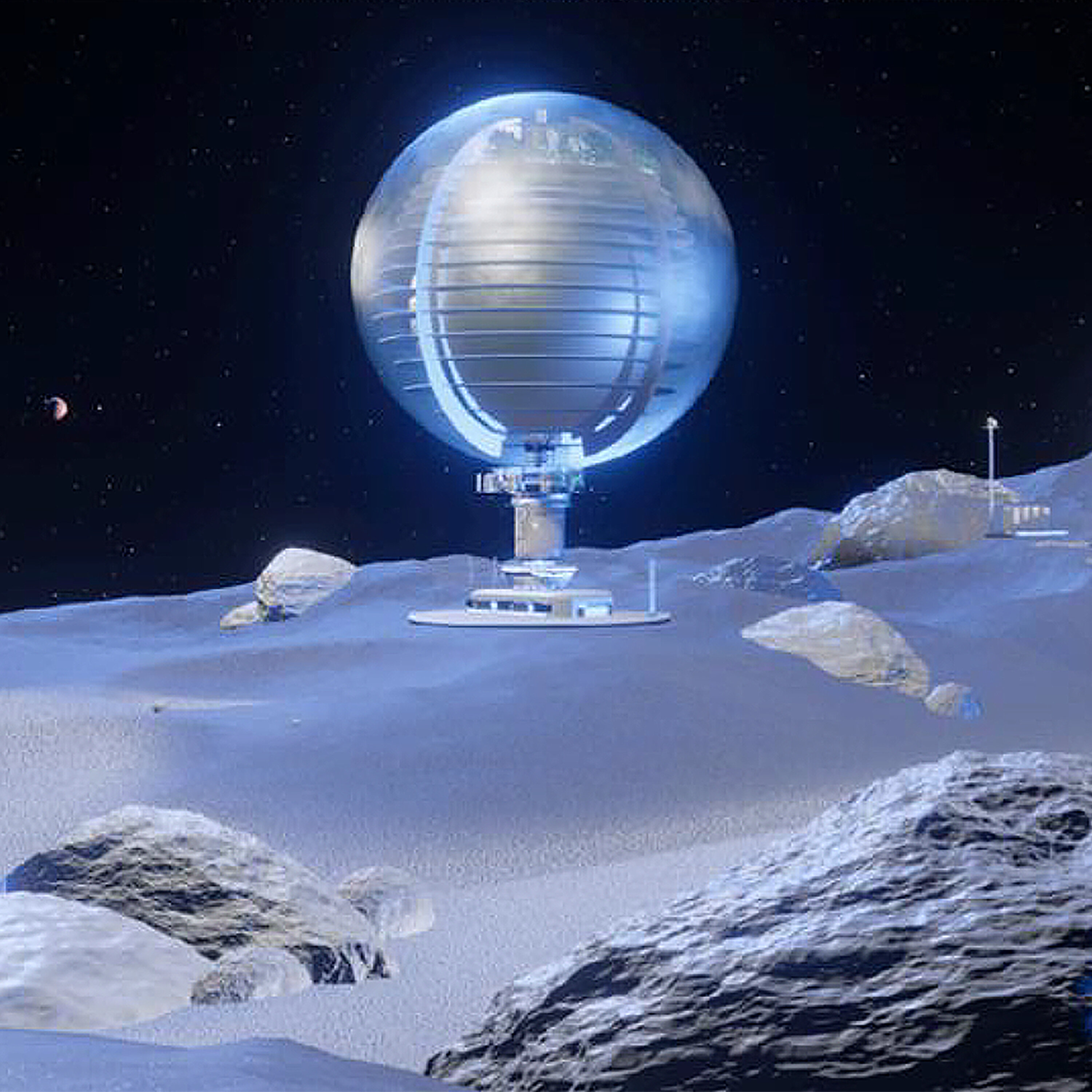
2025 NASA’s Innovative Advanced Concepts Symposium: Part 1 — Lunar glass and starshades
Each year, NASA’s Innovative Advanced Concepts program (NIAC) funds visionary ideas that could shape the future of space exploration. In this first of...
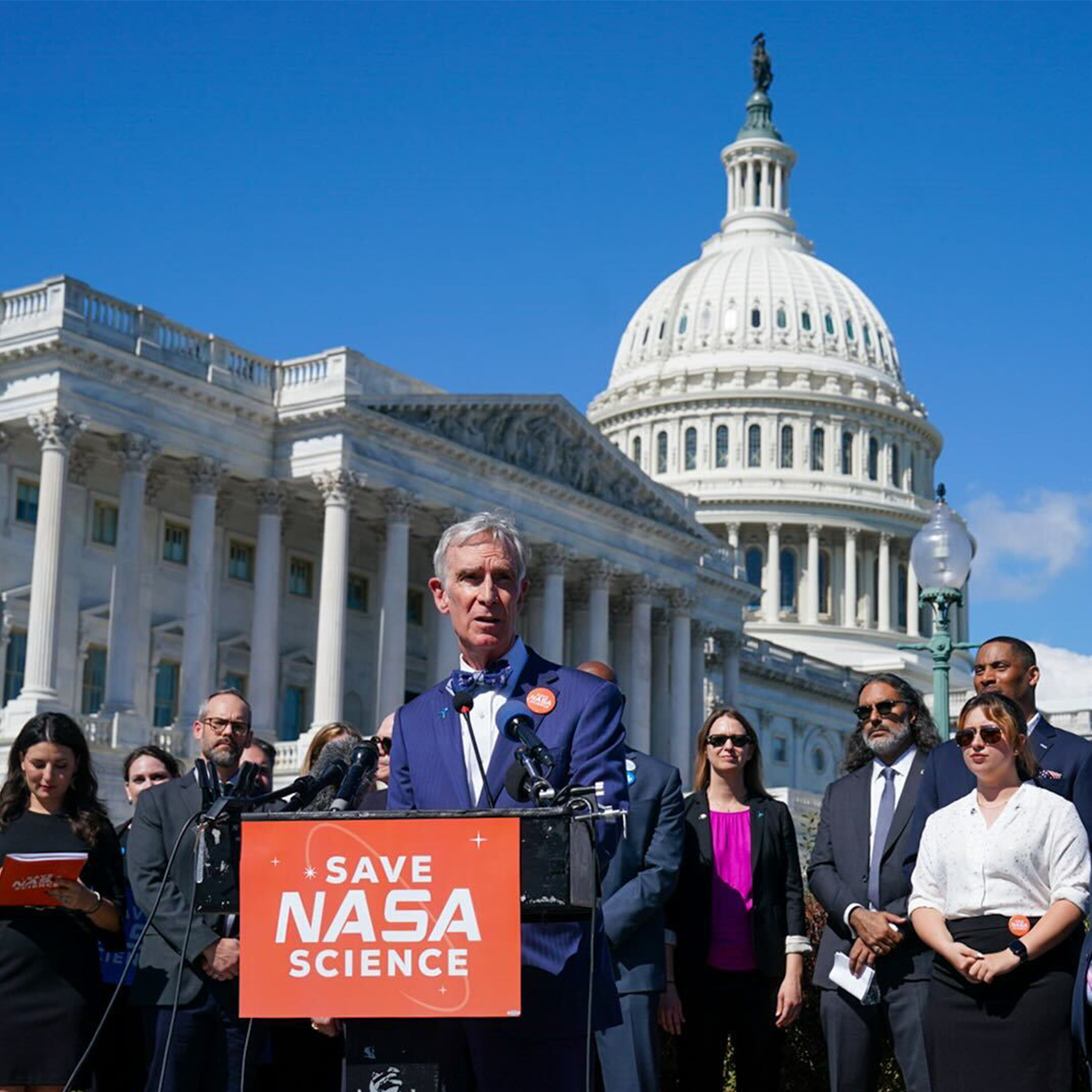
A Day of Action to save NASA science
On October 6, 2025, hundreds of space advocates from across the United States joined The Planetary Society and 20 partner organizations on Capitol Hil...
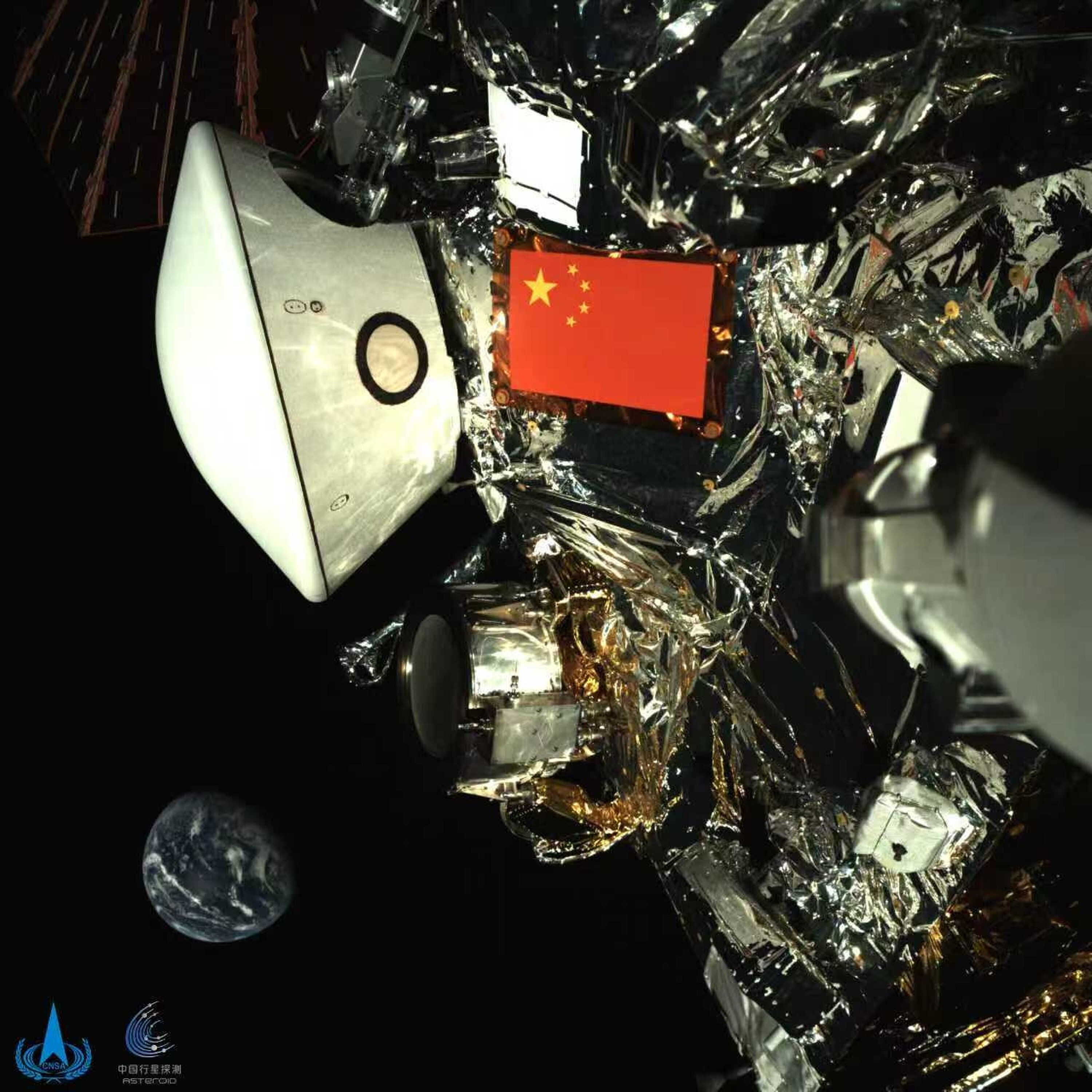
Space Policy Edition: China’s growing space science ambitions
If the United States is indeed in a space race with China, then we cannot abandon space science. That’s the claim made by Maxwell Zhu and The Planetar...
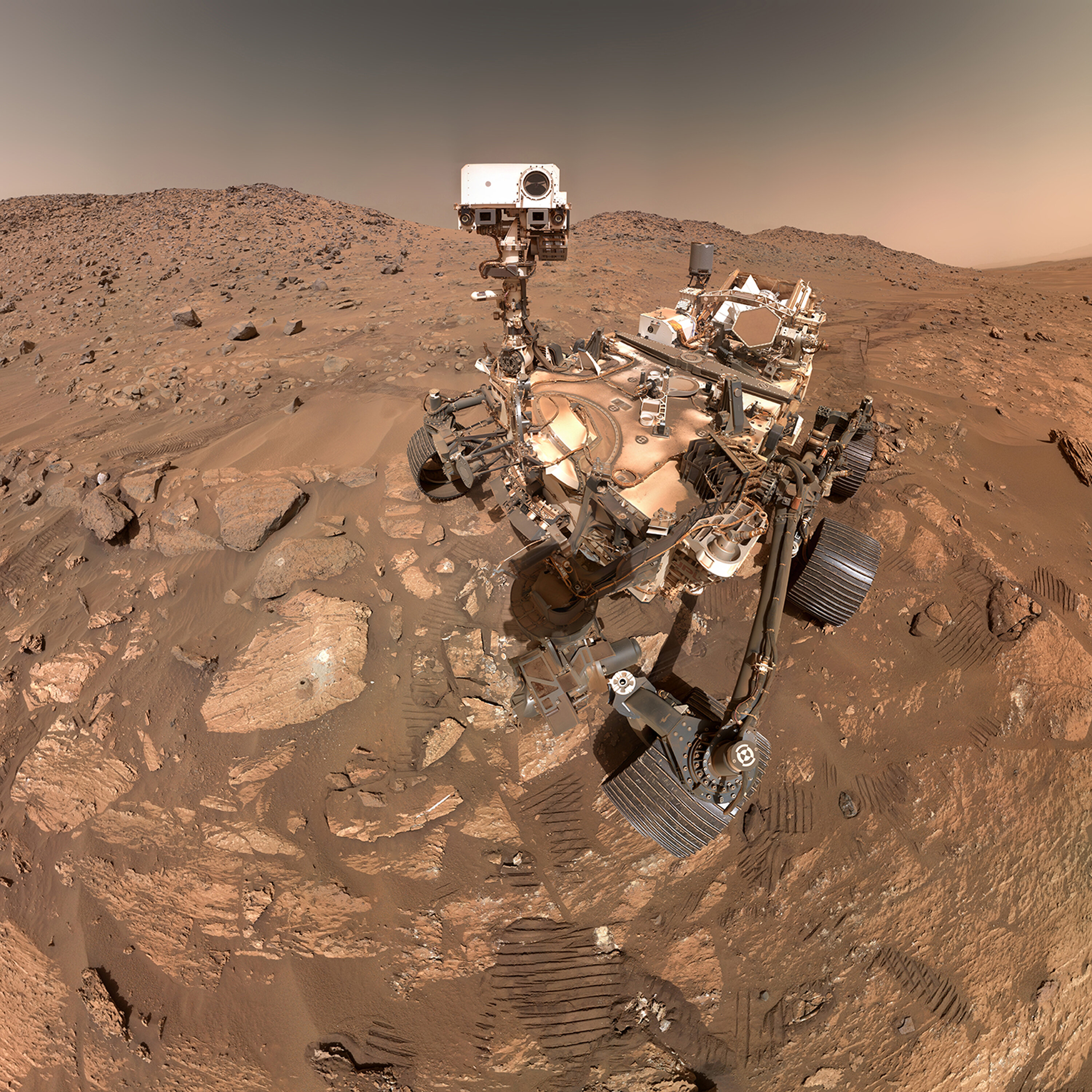
Perseverance finds potential biosignatures in Jezero Crater
NASA’s Perseverance rover has made one of its most intriguing discoveries yet in Jezero Crater. A rock sample called Sapphire Canyon, drilled from the...

Bill Nye: A star in Hollywood, a voice for NASA
Bill Nye, CEO of The Planetary Society, has officially joined the Hollywood Walk of Fame. In this episode, we speak with Bill about what this rare hon...
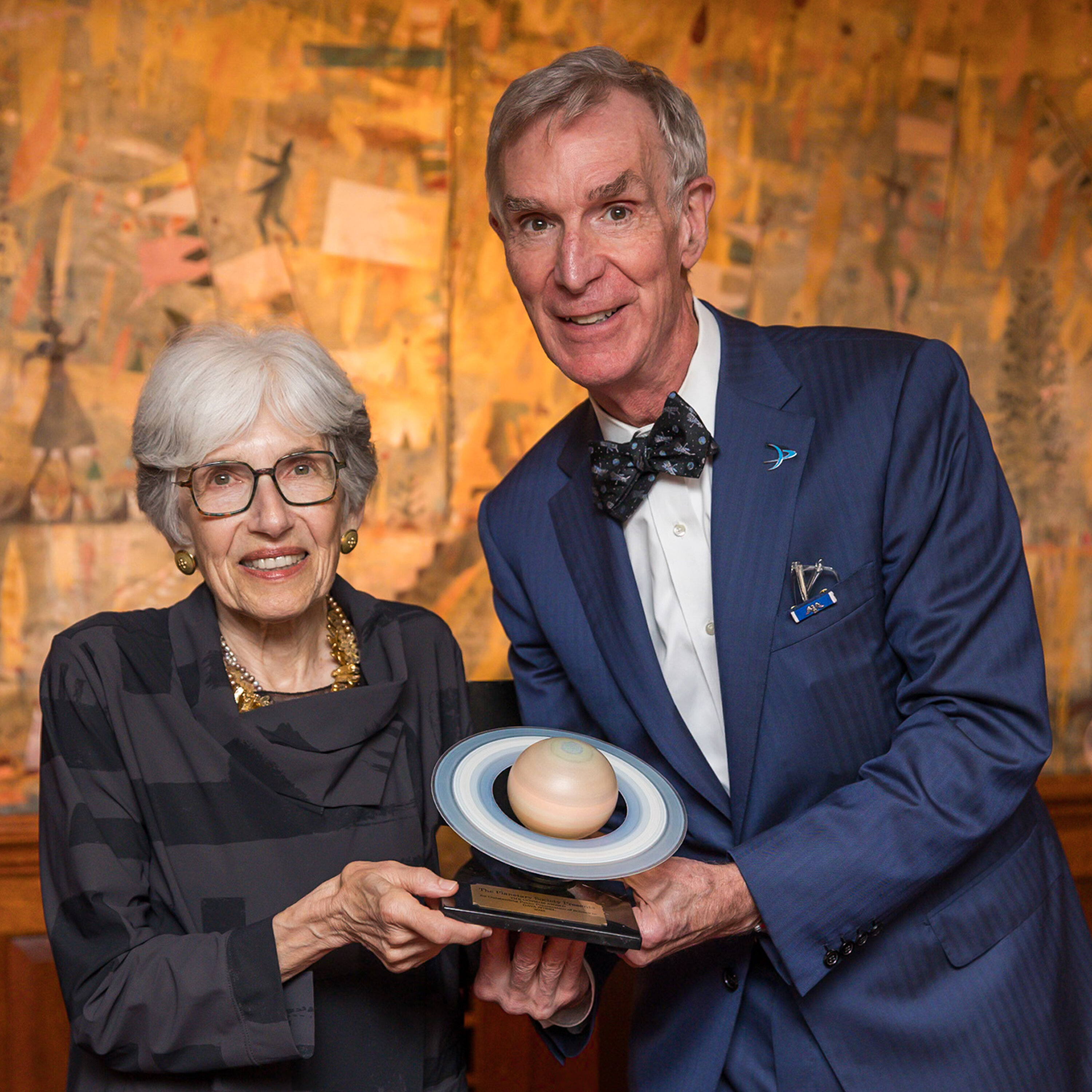
Book Club Edition: Cosmos Award–winning author Dava Sobel
Only six people have received The Planetary Society’s Cosmos Award for Outstanding Public Presentation of Science. We were honored to present it to au...
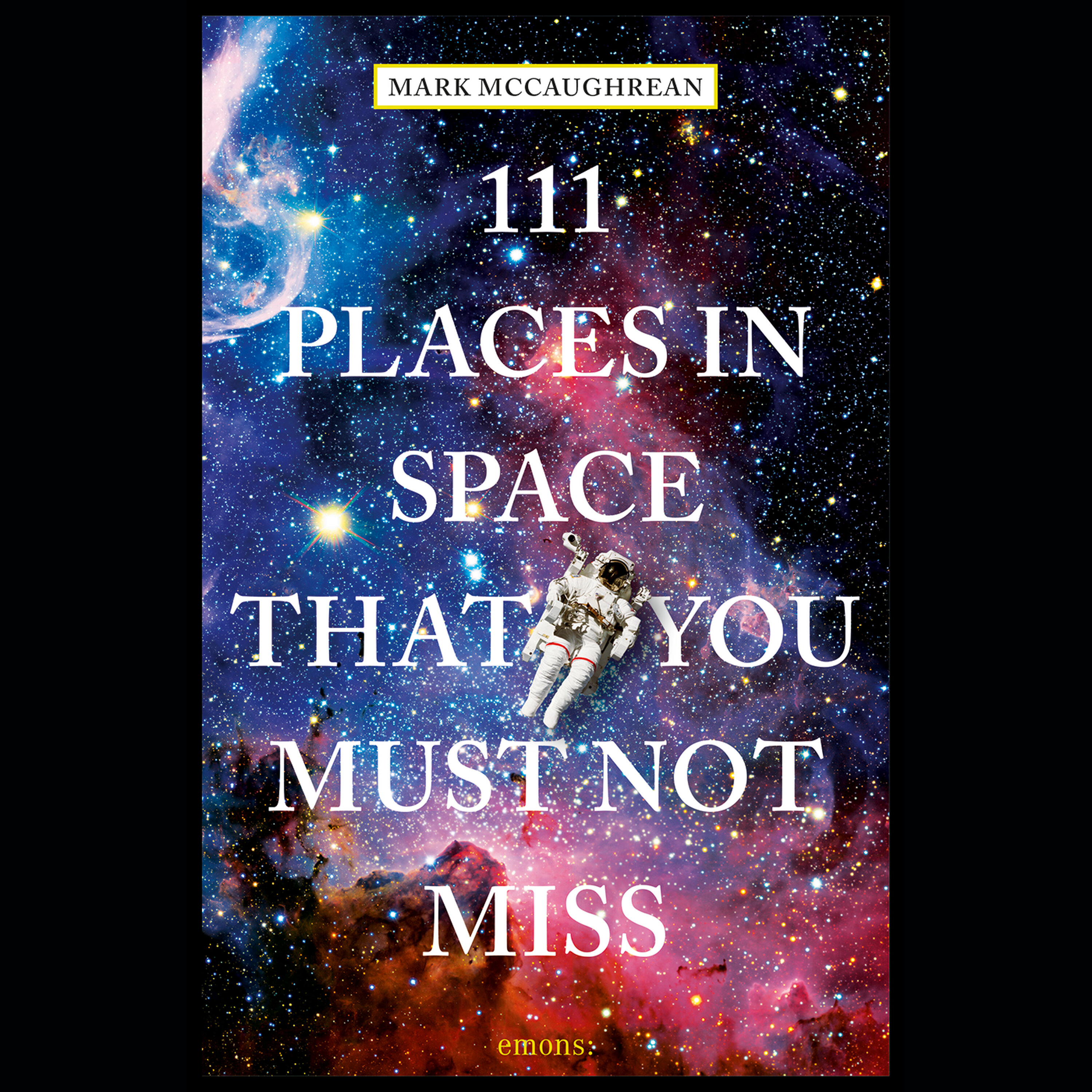
A cosmic travel guide: 111 Places in Space That You Must Not Miss
Pack your cosmic suitcase. This week on Planetary Radio, host Sarah Al-Ahmed is joined by Mark McCaughrean, astronomer, science communicator, and form...
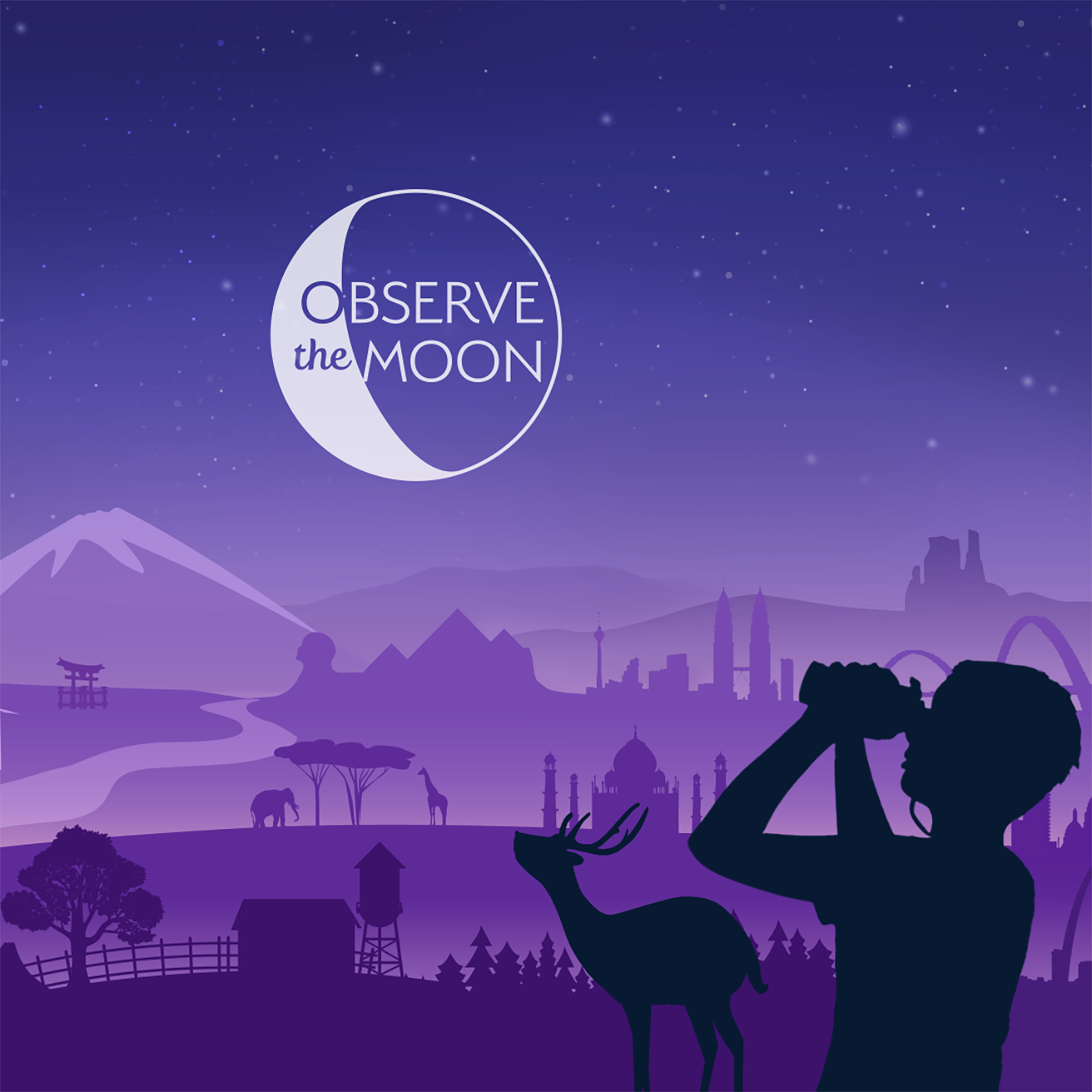
International Observe the Moon Night 2025
This week on Planetary Radio, we look forward to International Observe the Moon Night on October 4, 2025. Host Sarah Al-Ahmed speaks with Staci Horvat...
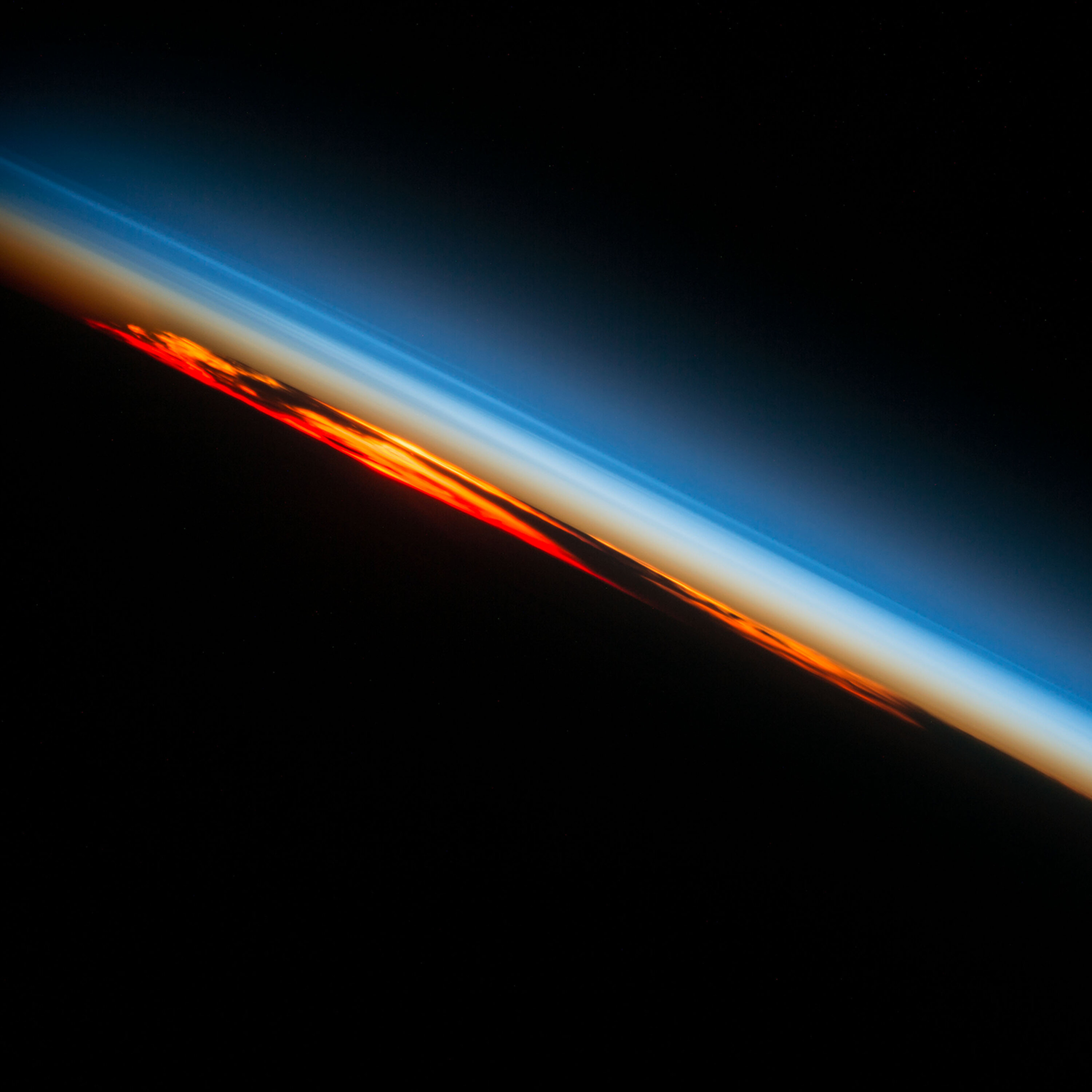
Space Policy Edition: Does the rise of Elon mean the decline of NASA?
NASA, the crown jewel of 20th-century technocratic liberalism, was the first to land humans on the Moon but now depends on SpaceX for its access to sp...

Uranus revealed: Solving the ice giant’s heat mystery
For decades, Uranus has puzzled scientists. Unlike the other giant planets, Voyager 2’s 1986 flyby suggested the ice giant emitted no excess heat. Now...

Esports and space: BASILISK’s quest for “Science Victory”
BASILISK, the first esports organization dedicated to promoting science, has teamed up with The Planetary Society and Caltech’s Institute for Quantum...
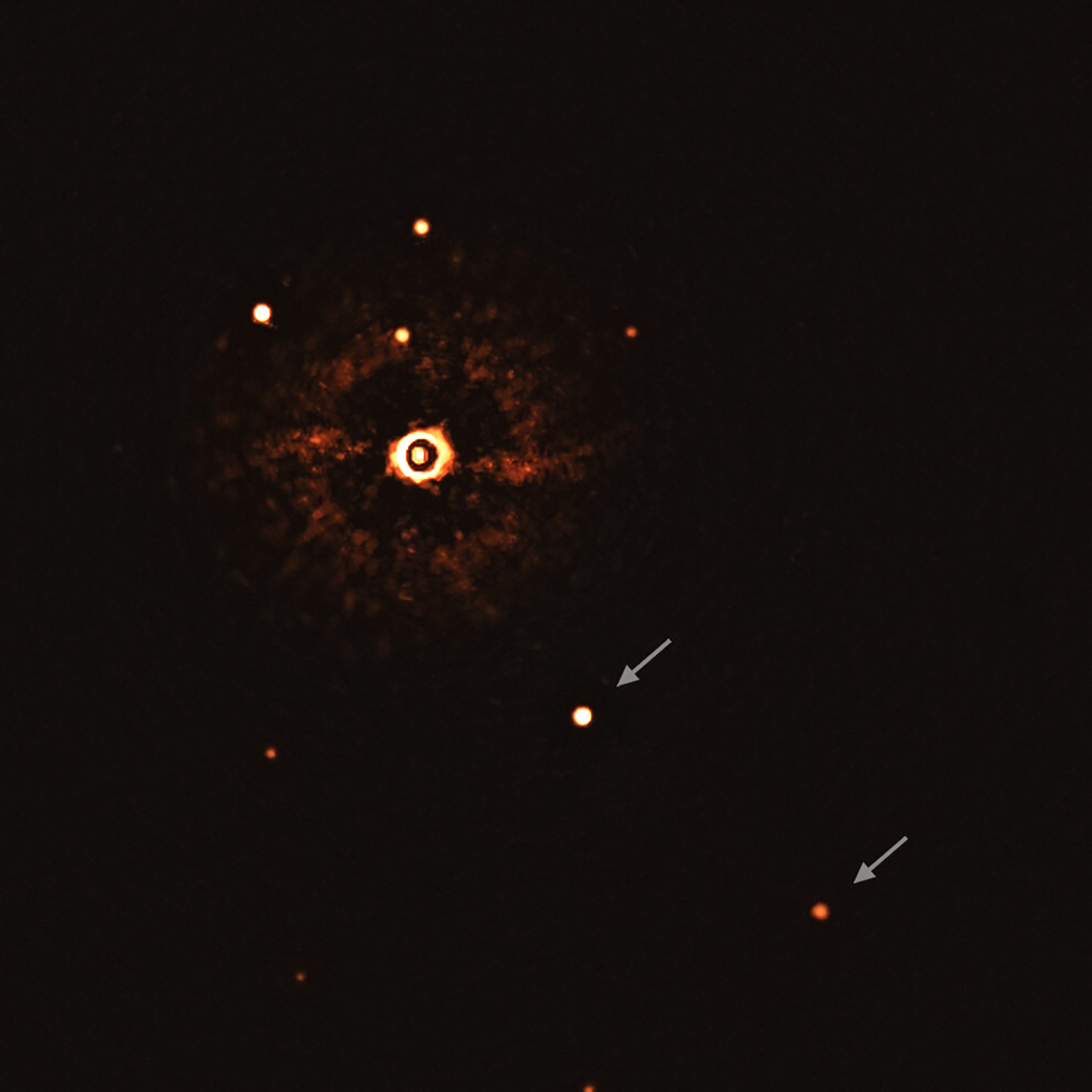
Silicate clouds and a dusty ring: JWST looks at YSES-1
In 2020, the YSES-1 system became the first directly imaged multiplanetary system around a Sun-like star. It features two giant exoplanets orbiting a...
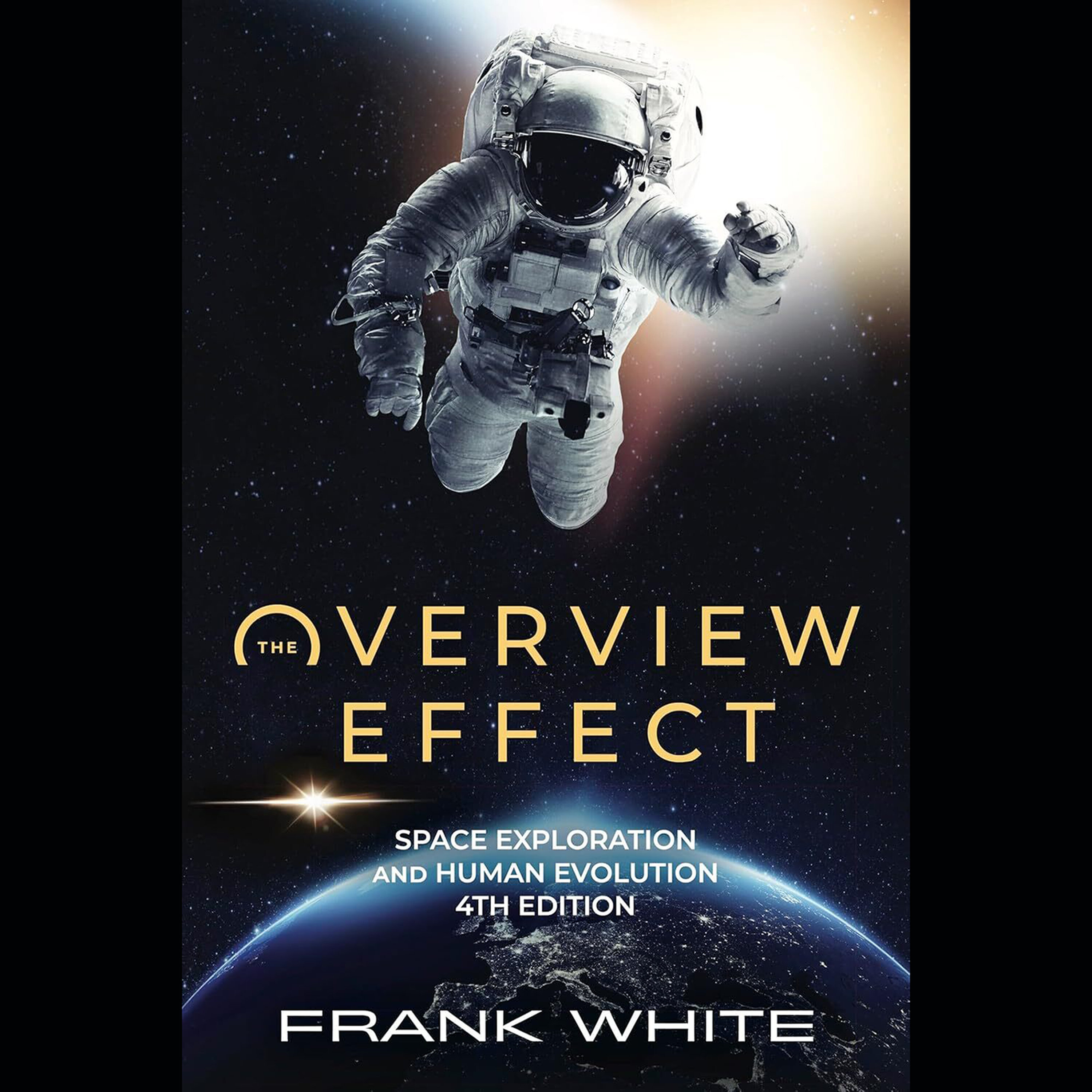
Book Club Edition: Exploring the Overview Effect with Frank White
Author Frank White has interviewed well over 100 astronauts. Almost all of them report the sense of awe they experienced as they looked down or back a...
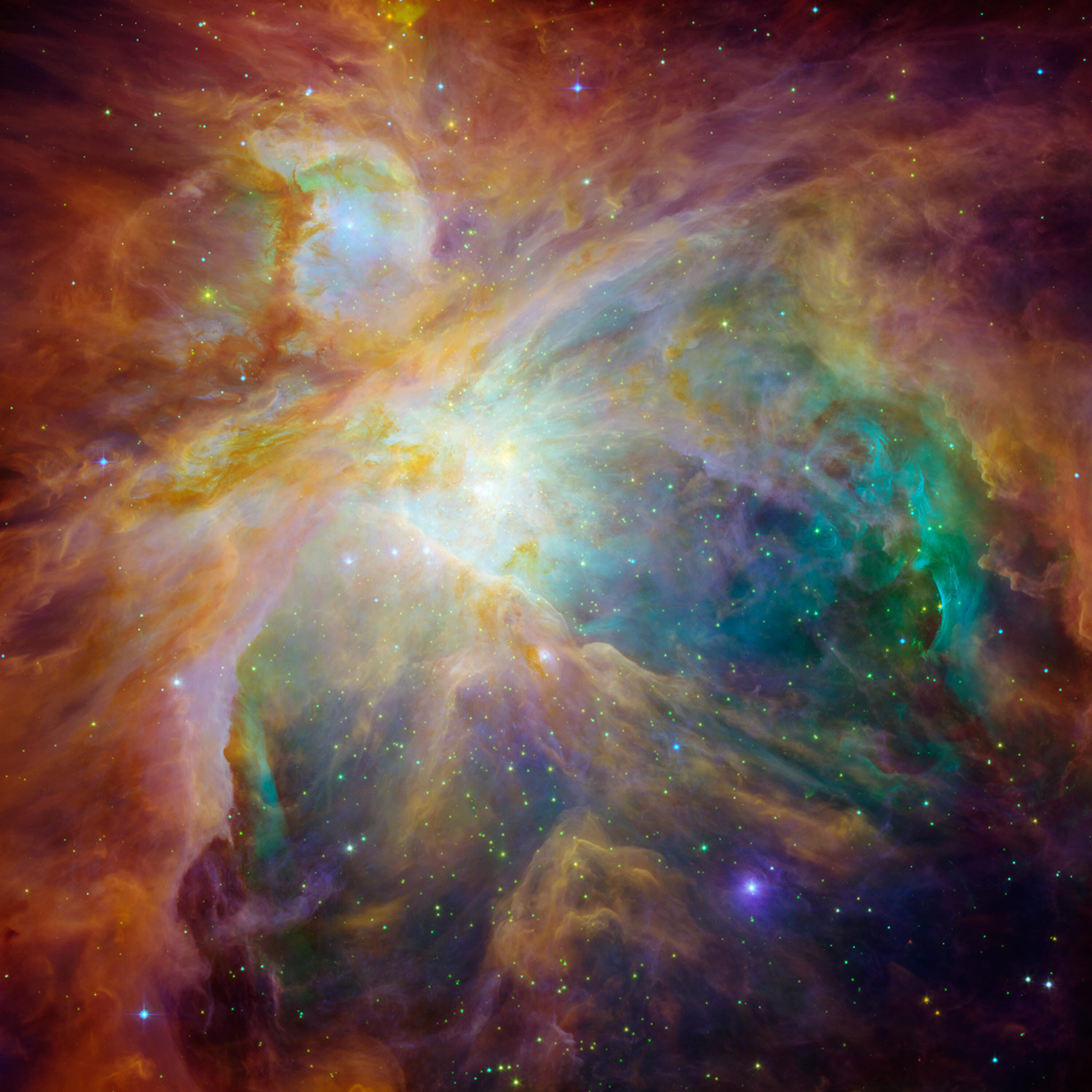
A “Star Trek” future: Your place in space
What do “Star Trek,” space advocacy, and the fight to save NASA science have in common? In this episode of Planetary Radio, we share a special panel r...
3I/ATLAS: The third interstellar object ever found
Just three interstellar objects have ever been detected in our Solar System, each arriving from the depths of interstellar space. In this episode, we...
Space Policy Edition: Is this the moment for in-space nuclear power?
The 2020s will be a decisive decade for in-space nuclear power. So argues Dr. Bhavya Lal, whose new report reframes the conversation around a simple i...
The science of sleep in space
How do astronauts get quality sleep in space? Erin Flynn-Evans, director of the Fatigue Countermeasures Laboratory at NASA Ames Research Center, joins...
New Horizons: Celebrating a decade since the Pluto flyby
On July 14, 2015, NASA’s New Horizons spacecraft made its historic flyby of Pluto, transforming our understanding of this distant world. Ten years lat...